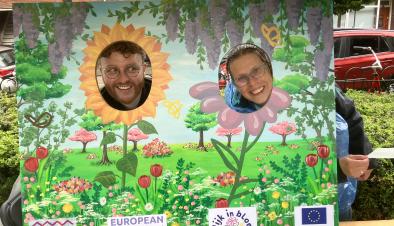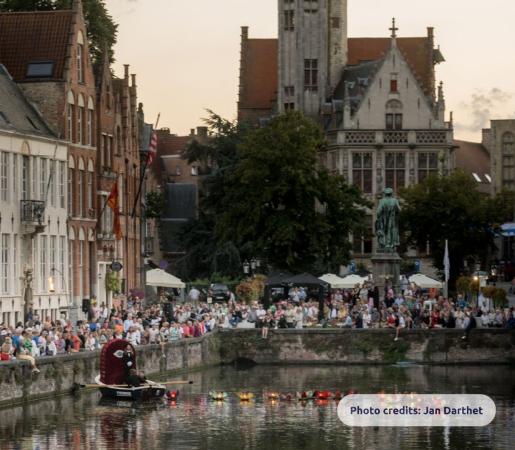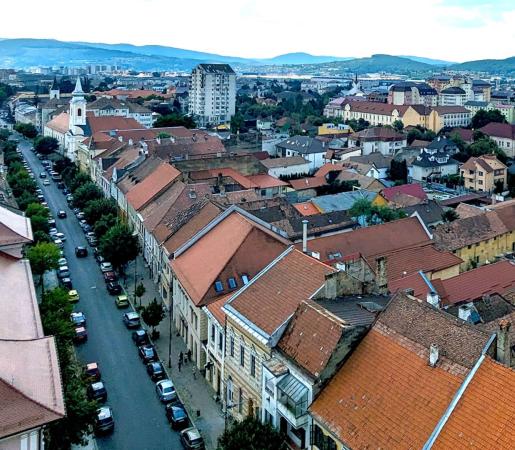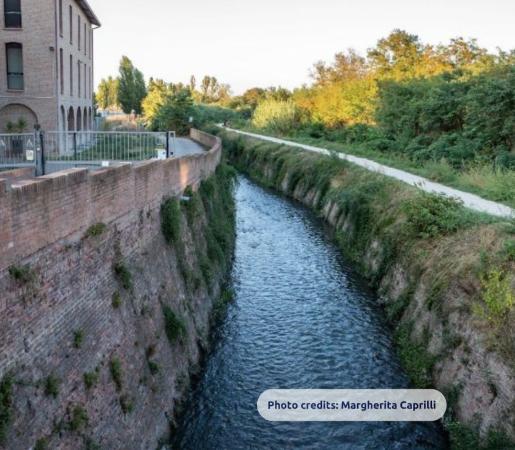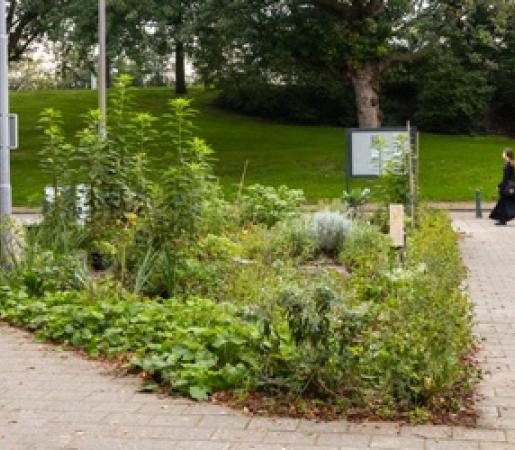
Rotterdam
Greening without borders - Greening without borders, for greening private gardens in a public-private approach
Greening Without Borders is an experimental public-private approach to raise and green as much land as possible by targeting private gardens in a collective-action green infrastructure project. Piloted in a deprived port neighbourhood, an innovative, integrated model will create social and economic opportunities through greening 4 large communal spaces and 90 individual gardens. A community cooperative will offer green skills and employment opportunities and deliver shared-use projects to the wider community in the rehabilitated green spaces. GwB aims to change city and individual actions to increase environmental and social resilience.
Our main challenges...
As a port city, being 85% below sea level, land subsidence and rising water levels are leading to increased flood risks
Rotterdam desperately needs more effective green space to combat heat and droughts – now and in the future. However, the city is limited in its scope to achieve climate neutrality, as 60% of potential green land is privately owned
The Oud Mathenesse neighbourhood faces socio-economic challenges: most residents have low incomes. In addition, much of the area is paved, and lacks green spaces and shade
and proposed solutions
Raise gardens in Oud Mathenesse to the original street level to prevent flooding
Offer green packages and water retention solutions to 90 private individual gardens and 4 large private collective gardens in the neighbourhood, improving climate adaptation and biodiversity
Develop a Green Hub and Green tokens to incentivise participation in greening efforts. Newly created green space is also used for social neighbourhood events
Key figures
Milestones
The Green Hub is the co-op's physical headquarters and GwB project base
Designing of the Garden Packages for both individual gardens and communal gardens
Establishing legal framework, objectives and management structures for the Green Coalition
All public-private greening efforts delivered: 4 big communal gardens and 90 small private gardens
The GwB fund is designed to incentivise and facilitate continuation after project ending


